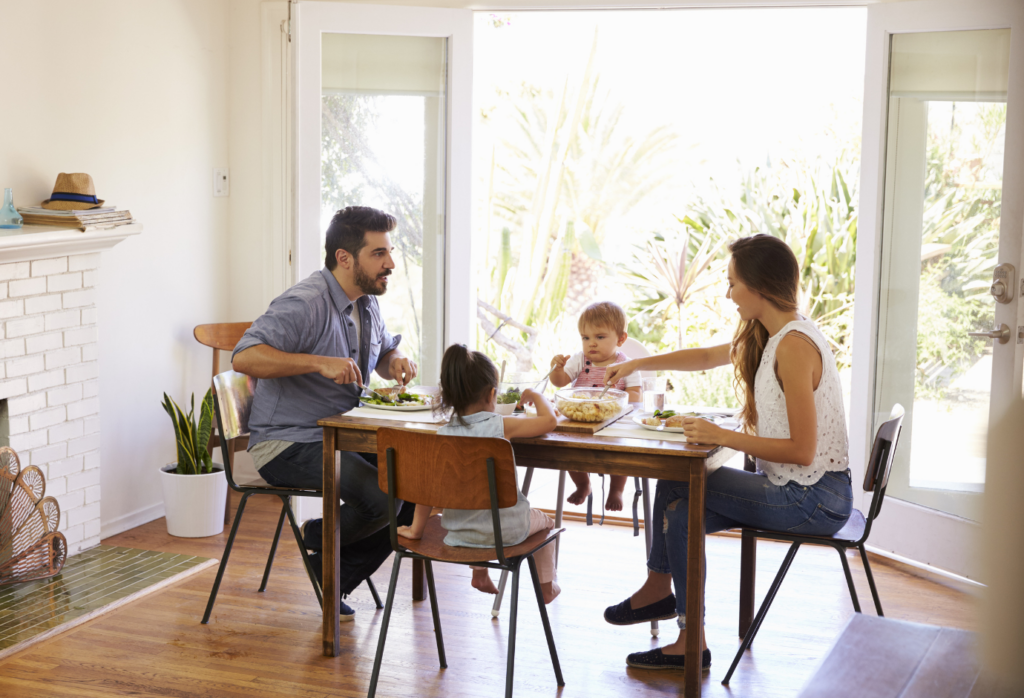Social cohesion has remained stable over the past 12 months at its lowest level on record, with more than half of Australians citing the economy as the biggest problem facing the country today.
This year’s Scanlon Mapping Social Cohesion Research revealed that among the 8,000 participants who were surveyed, 49 per cent believed that economic pressures contributed to dissatisfaction and stress.
The overall social cohesion index score for 2024 was 78. This score was the same as in 2023, however it remains at its lowest on record.
Just over two-fifths of participants described themselves as either ‘poor or struggling to pay bills’ or ‘just getting along’ — especially those who rent, and those aged between 25-34.
Report author Dr James O’Donnell from the Australian National University said that despite the decline in key areas such as people’s levels of trust and sense of safety, financial stress remains a top concern.
“In a world grappling with conflict and division, our social cohesion is under pressure but holding steady,” he said. “The continued strength of our communities may be protecting our sense of wellbeing and harmony.”
“Young people and financially stressed individuals feel increasingly locked out of the housing market, and those facing financial hardships show less trust in government, institutions, and other people.”
Fourteen per cent of employed adults reported being worried or very worried about losing their job in the next 12 months, while 61 per cent do not believe people living on low incomes in Australia are receiving enough financial support.
Amid the rising cost-of-living pressures, Australians have remained relatively positive about the state of democracy, immigration, and civic trust.
Immigration and multiculturalism
The 2024 report revealed that attitudes towards multiculturalism remain largely positive among most Australians, with 85 per cent agreeing that multiculturalism has been good for the country.
While a similar percentage of respondents agreed that immigrants are good for the economy, almost half believe immigration levels are too high. Even so, 71 per cent agreed that accepting immigrants from many different countries makes Australia stronger.
“Concern about the number of immigrants coincides with actual shifts in immigration numbers and the economy, so does not necessarily indicate an increase in anti-migrant sentiment,” Dr O’Donnell said.
“While support for diversity and multiculturalism remains strong, attitudes to migration and faith groups point to pressures on harmony and cohesion in a challenging global environment.”
An overwhelming majority of respondents believe that Australia should not reject migrants based on their ethnicity or race or religion, while roughly three quarters said that Australia should not reject immigrants because they are coming from conflict areas.
A decline in the attitudes towards major religious groups was observed in the report however, such as the percentage of respondents who felt at least ‘somewhat positive’ towards Christians (37 per cent in 2024 compared to 42 per cent last year) and Muslims (18 per cent in 2024 compared to 24 per cent in 2023).
Safety and Community Spirit
Despite growing awareness of public safety measures and gendered violence, Australian women are feeling less safe in their local areas in recent years. Less than half of female respondents said they felt at least ‘fairly safe’ walking alone at night in their local area, while 36 per cent said they were ‘fairly’ or ‘very worried’ about becoming a victim of crime.
Despite these rising safety concerns, people’s sense of connection and engagement within their local communities remains positive, with 82 per cent of adults reporting that people in their local area are inclined to help their neighbours.
In the last 12 months, more than half of Australians reported being involved in a social, community, religious, civic or political group within their local area.
“Internal and external pressures have the potential to strain social cohesion,” Dr O’Donnell said. “However, findings suggest this impact can be effectively cushioned by the strength of the social fabric–including the sense people have of being part of a community and managing through challenging times together.”
Personal wellbeing and happiness
The majority of respondents said they have either felt ‘happy’ (66 per cent) or ‘very happy’ (12 per cent) over the last 12 months, while roughly a fifth of respondents said they were either ‘unhappy’ or ‘very unhappy’.
Those who reported feeling unhappy tended to be young adults, people with a disability or people struggling financially.
Trust and engagement
People’s trust in the federal government has declined from a peak of 44 per cent during the pandemic in 2021 to 33 per cent this year.
Trust in public services including the police and the health system remains healthy (both at 72 per cent), while trust in various forms of media has declined — 24 per cent say they trust traditional media, while just 8 per cent say they trust social media.
Involvement and engagement in political activities and issues remains strong, with almost 40 per cent of Australians reportedly involved in protests, boycotts or posting online in the last three years, and 60 per cent saying they had signed petitions or reached out to politicians to solve community issues.


